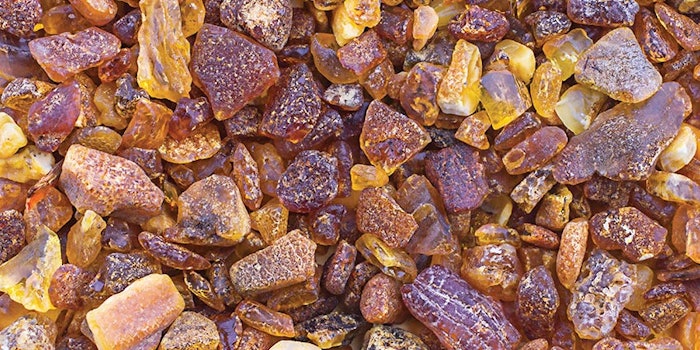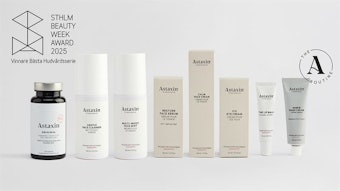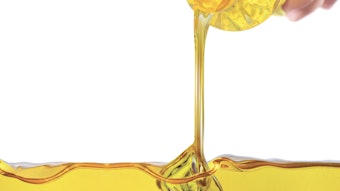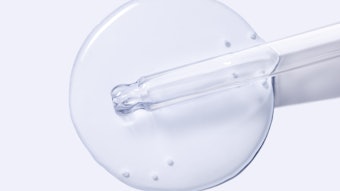
Succinic acid, also known as butanedioic acid or “spirit of amber,” is found in almost all plant and animal tissues,1 including fungi and lichens,2 where it plays significant roles in metabolism, which is crucial to life. It is produced and concentrated in cellular mitochondria and is involved in both the formation and elimination of reactive oxygen species. It also is important to epigenetic activities, as all genes that code for enzymes participate in succinic-related pathways.3
Interestingly, succinic acid was first isolated in 1546 but not from plants or animals, rather through the distillation of amber,2 or succinum in Latin, for which it is named. According to one source, it was extracted by first pulverizing the amber, then distilled using a sand bath.4 Today, rather than extracting from amber, biotechnology processes can be used to derive the ingredient and source it from plants, making it more accessible and sustainable.5
Medical and Health Uses
Succinic acid has been a traditional remedy for thousands of years. It is reportedly a natural analgesic, and was therefore used addressed many pain-related issues;6 for example, it was applied externally for rheumatic aches and pains4—still today, it is not uncommon to see teething babies wearing amber necklaces, as succinic acid is released upon contact with their skin, which induces a soothing effect.6
Additional uses reported include: stimulating the nervous system to relieve stress and anxiety; improving cellular respiration and glucose metabolism; boosting the immune system6, 7—thanks to its antioxidant and anti-inflammatory effects; and even improving heart functioning.6
In its aqueous form succinate, the material shows good “natural” antibiotic activity due to its relatively acidic or caustic nature. Succinate supplements also have been reported to help reduce the effects of hangovers by activating the degradation of acetaldehyde, a toxic byproduct of alcohol. Additional claims include boosting awareness, concentration and reflexes.7
Continue reading about the skin benefits of succinic acid in our Digital Magazine...
Rachel Grabenhofer is the managing scientific editor of Cosmetics & Toiletries, Skin Inc.’s sister brand for cosmetic chemists. She’s a member of the Skin Microbiome Council and Society of Cosmetic Chemists, and for several years, led judging panels to honor the best ingredients in cosmetics.











